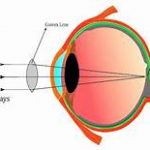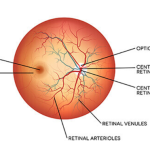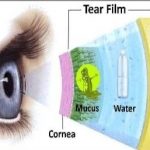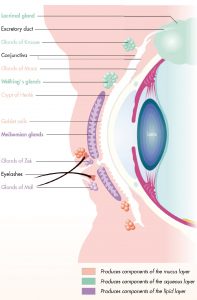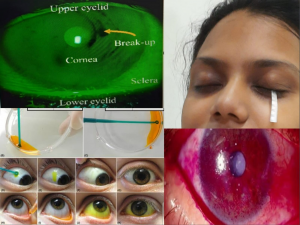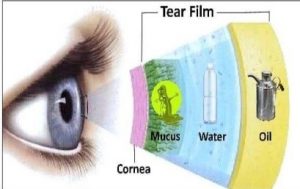LENS DECENTRATION:
LENS DECENTRATION
To understand lens decentration, let us first look at how our eyes work. The eye is made up of several parts, including the cornea, pupil and retina. The cornea is the clear front surface of the eye, while the pupil is the opening that lets light enter. The retina is the innermost layer of the eye, responsible for detecting light and sending signals to the brain.
CAUSES:
1) Improper Fitting: If your eyeglasses or contact lenses are not fitted correctly, it can lead to lens decentration. This is why it's essential to get regular eye exams and ensure that your lenses are tailored to the unique shape of your eyes.
2) Incorrect Prescription: A prescription that is not accurate can also cause lens decentration. This is why it's crucial to get regular eye exams and update your prescription as needed.
3) Lens Damage or Wear and Tear: Over time, your lenses can become damaged or worn out, leading to decentration. This is why it's important to replace your lenses regularly and handle them with care.
4) Eye Shape or Size Irregularities: Some people may have eyes that are irregularly shaped or sized, which can make it difficult to fit lenses properly. This can lead to lens decentration if not addressed correctly.
SYMPTOMS
So, how do you know if you have lens decentration? Look out for these symptoms:
a) Blurry Vision: If your vision is blurry or hazy, it could be a sign of lens decentration.
b) Double Vision: Seeing double or experiencing ghosting can be a symptom of lens decentration.
c) Eye Strain or Fatigue: If your eyes feel tired or strained, it could be due to lens decentration.
d) Headaches: Headaches can be a symptom of lens decentration, especially if you are experiencing eye strain.
e) Discomfort or Irritation: If your eyes feel uncomfortable or irritated, it could be a sign of lens decentration.
HOW TO CORRECT LENS DECENTRATION
Fortunately, lens decentration can be easily corrected. Here are some solutions:
i. Adjusting the Lens Position: Your eye doctor may need to adjust the position of your lenses to ensure they're properly aligned with the center of your eye.
ii. Replacing the Lens: If your lenses are damaged or worn out, replacing them with new ones can correct lens decentration.
iii. Using a Different Type of Lens: In some cases, using a different type of lens, such as a toric lens, can help correct lens decentration.
iv. Adjusting the Frame or Contact Lens Fitting: Your eye doctor may need to adjust the frame or contact lens fitting to ensure a proper fit.


